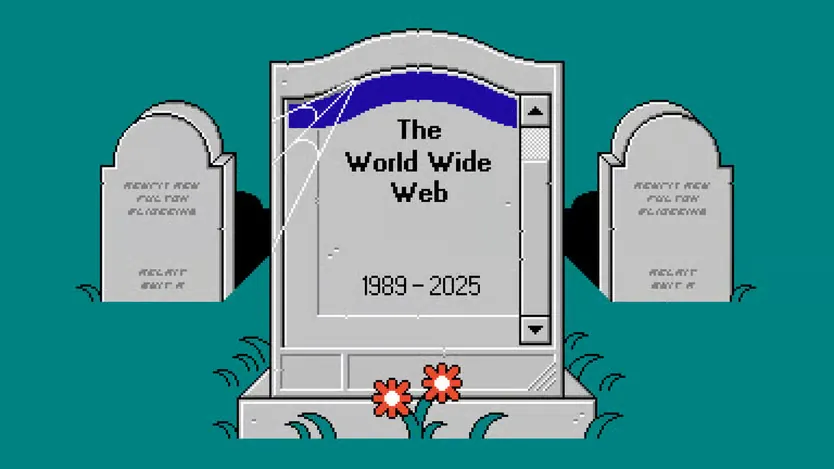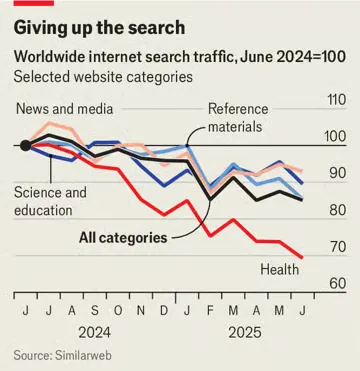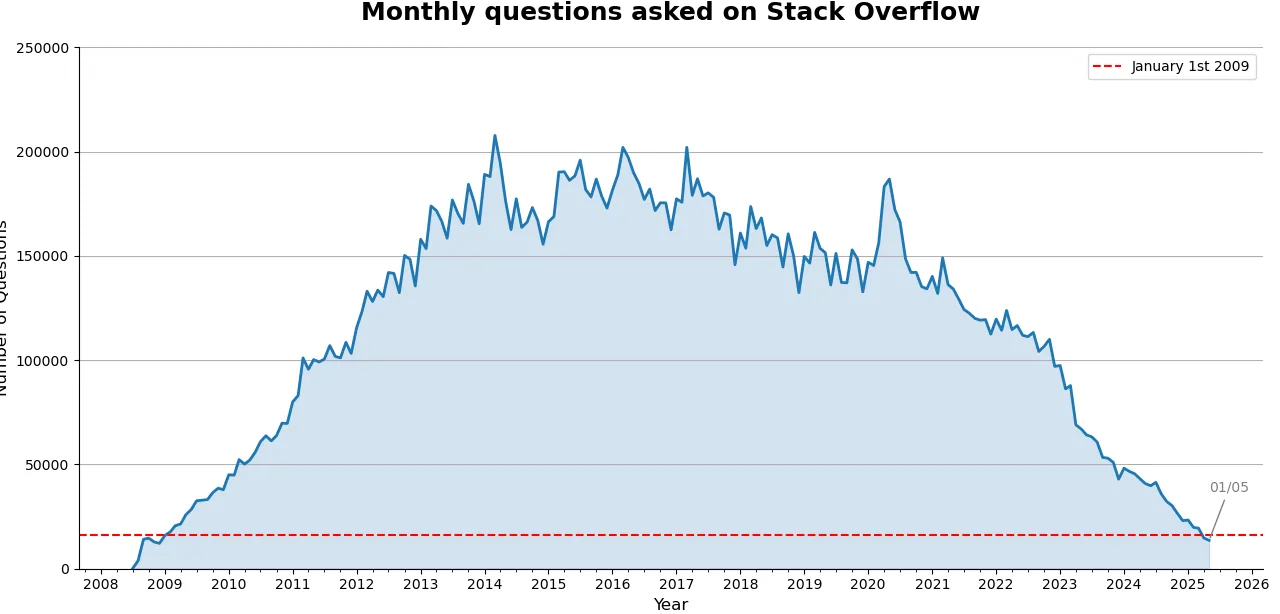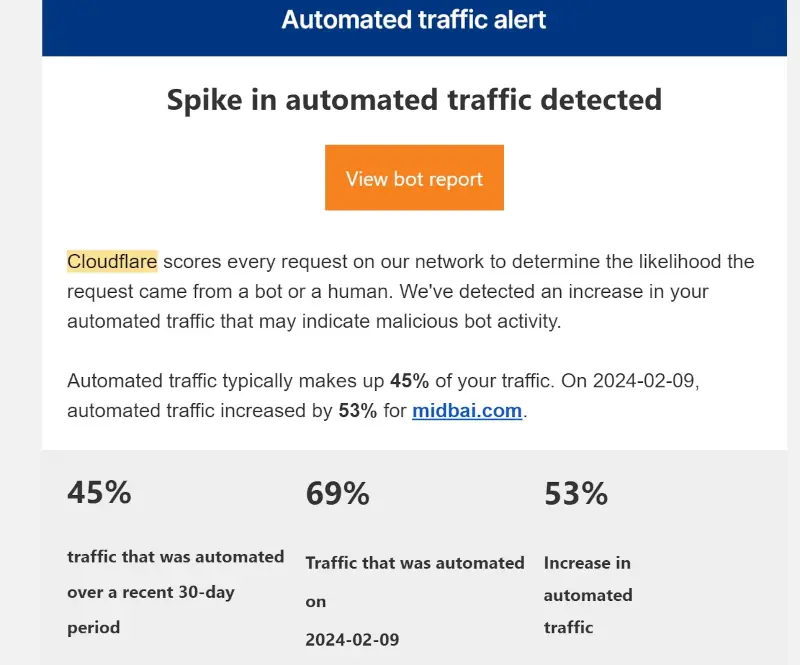AI Is Killing The Web

After reading several articles about AI, such as “AI is killing the web. Can anything save it?”, “Stack overflow is almost dead” and “Google’s AI search features are killing traffic to publishers” as well as the popular Reddit discussion “Do you believe we’re in an AI bubble?”, I have been led to think deeply about the relationship between AI and the web, and their future development.
In the past, when I needed to look up information or solve a development problem, I would go to a search engine or Stack Overflow. Now, I first ask an AI/LLM, and only turn to a search engine if I don’t get a satisfactory answer. With a search engine, you need to research to find the answer yourself. An AI/LLM, on the other hand, gives you a direct answer based on your situation (context). It feels like consulting a very experienced and courteous person, allowing you to get answers quickly and saving a lot of time on filtering and searching. However, its answers are not always correct (they can have hallucinations). At this point, one must still rely on search engines. If even search engines don’t provide a satisfactory answer, the only options left are to figure it out yourself or consult an experienced person.
Since the emergence of AI/LLMs, everyone has started using them to replace knowledge-based searches. AI/LLMs have captured traffic from search engines and the Web, becoming the new entry point for traffic. Along with mobile apps and social media, they are competing for Web traffic, making a bad situation worse for the Web’s already limited traffic. AI is killing the Web, and its demise is only a matter of time.
According to data from Similarweb, from June 2024 to June 2025, global search engine traffic decreased by 15%, with health-related websites seeing the largest drop at up to 31%. The most deeply affected are the content websites that form the cornerstone of the internet’s knowledge base—information sites (news media) and knowledge sites (blogs, Q&A sites, forums). Meanwhile, applications that are themselves closed ecosystems (like video, social media, SaaS) have been less affected. This could lead to a further shrinking of the internet’s public knowledge domain.

The number of questions asked on Stack Overflow has continuously declined since the advent of AI/LLMs. The number on May 1, 2025, was on par with that of January 1, 2009 (when Stack Overflow was just founded).

My blog has been heavily crawled by ChatGPT since February 9, 2024. Since then, the traffic my blog receives from Google has dropped by 50%.

To mitigate the impact of AI, Google has launched its own AI features (AI Mode and AI Overview), and Bing has introduced similar functions. Although these features add links to source websites in the AI-generated results, users’ willingness to click on these links drops significantly when the AI provides a good enough answer. Real-world data shows that this referral effect is minimal (between 56% and 69% of searches do not result in a click-through), which is one of the reasons for the decline in Web traffic.
AI companies crawl Web content to train their models or provide Deep Search services. During this process, websites do not gain organic traffic. No organic traffic means no revenue (as most sites rely on advertising), and no revenue will ultimately lead to websites shutting down. When the AI has crawled the last available website, it will starve in a desert of content. It’s a vicious cycle—draining the pond to catch all the fish. It’s like a bacteria or virus that lives on a host but kills it, ultimately leading to its own demise.
How to achieve a win-win cooperation and build a new ecosystem is a question that AI and Web companies need to consider. Currently, OpenAI has secured content licenses from some large news corporations, which shows that the industry is already exploring solutions. However, these collaborations are mainly focused on large media groups. How to protect the interests of small and medium-sized websites and content creators remains an unresolved issue.
As a content provider, one can block AI crawlers or require AI companies to pay for content. But I hope more for AI companies to share their profits with websites to achieve a mutually beneficial relationship where both can develop in the long term. At the same time, protecting the interests of small and medium-sized websites and safeguarding the rights of creators and content producers will depend on the establishment of industry standards and legal regulations.
My personal blog has no ads and is not for profit. My main goal is to broadcast myself and expand my influence. For me, although traffic is decreasing, the impact is not very significant because most AI searches in search engines and AI/LLMs provide source links.
With an RSS subscription, even though the subscriber doesn’t visit the website directly, they are still reading my original, unadulterated articles, and the source is provided. In contrast, an AI/LLM processes my content, creates derivative works, and may not even credit the source.
Copying and reposting without attribution, using AI to “spin” and rewrite content, and AI/LLMs scraping content for training without benefiting the creators—all of these are extremely harmful to creators.
AI is developing at a high speed, and everyone is focused on discussing what AI can achieve and what it will affect, with few paying attention to the underlying problems. While looking up at the development of AI, we should also see the issues that exist in its wake, as well as the hype and exaggeration.
If the current parasitic relationship is allowed to continue, the Web may face a future of content desertification, and AI itself will eventually stagnate from ‘malnutrition’. Building a symbiotic ecosystem that respects originality and rewards creators is not just about saving the Web, but also about securing a sustainable future for AI itself. After all, without creators continuously producing new knowledge and new ideas, AI’s intelligence will ultimately become water without a source, a tree without roots.
1 Reference
https://www.economist.com/business/2025/07/14/ai-is-killing-the-web-can-anything-save-it
https://blog.pragmaticengineer.com/stack-overflow-is-almost-dead/
https://newsletter.pragmaticengineer.com/p/the-pulse-134?ref=blog.pragmaticengineer.com
https://gist.github.com/hopeseekr/f522e380e35745bd5bdc3269a9f0b132
https://data.stackexchange.com/stackoverflow/query/1882532/questions-per-month
https://www.perplexity.ai/page/stack-overflow-contends-with-c-laU0ScwUQoqiaAUyqJIq4w
